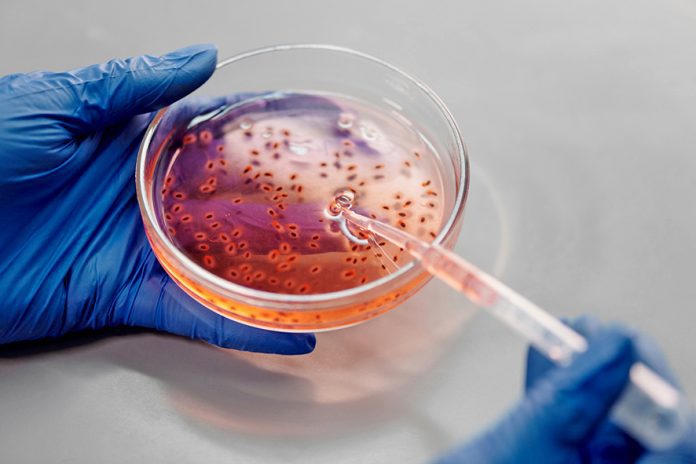While health authorities are establishing the source of the two recorded cases of monkeypox in South Africa, Higher Health has moved swiftly to allay fears in the higher education sector, saying it is too early to panic.
Higher Health CEO Professor Ramneek Ahluwalia said though universities, technical and vocational education and training (TVET) colleges and community education and training (CET) centres need to be prepared in case the virus reaches any of their institutions, however, unlike Covid-19, monkeypox is not new and there’s an established response to it.
Higher Health is an independent non-profit organisation and a partner of the Department of Higher Education and Training, assisting students with their health and wellbeing in the post-school education and training (PSET) sector.
He said though there have been outbreaks of monkeypox since it was detected in 1958, the cases have been in single or double digits. He said this is the worst recorded monkeypox outbreak to date.
Data from the Centre for Disease Control in the US show that as of Friday, 7 594 cases of monkeypox were reported globally with only six cases in Africa – three in Benin, two in South Africa and one in Morocco.
Ahluwalia said though there is a vaccine and anti-viral treatment available, health professionals worldwide are concerned about the viral mutations of monkeypox, and the fact that it is showing human-to-human transmission.
“The vaccine for smallpox is 85% effective against monkeypox,” he said.
Smallpox vaccination was stopped more than five decades ago.
“People who are less that 50 years old would not have been vaccinated for smallpox in South Africa,” he said.
Speaking at a webinar this week attended by representatives of universities, TVET colleges, CET centres and other PSET groupings, Ahluwalia said it is important to focus on prevention, education and awareness, and vaccination.
Ahluwalia said people who are at risk in the higher education sector are cleaning staff at residences, who have to touch bedding and towels.
“It is spread through fluid-to-fluid, skin-to-skin contact with an infected person … respiratory droplets, prolonged face-to-face contact and intercourse.”
Sapco president Prof Dipiloane Phutsisi and principal of Motheo TVET College applauded Higher Health for its proactive approach in sharing information on the PSET sector’s response to monkeypox.
Follow @SundayWorldZA on Twitter and @sundayworldza on Instagram, or like our Facebook Page, Sunday World, by clicking here for the latest breaking news in South Africa. To Subscribe to Sunday World, click here.



